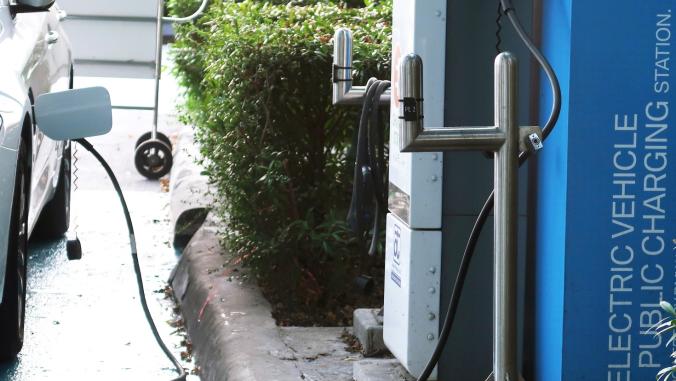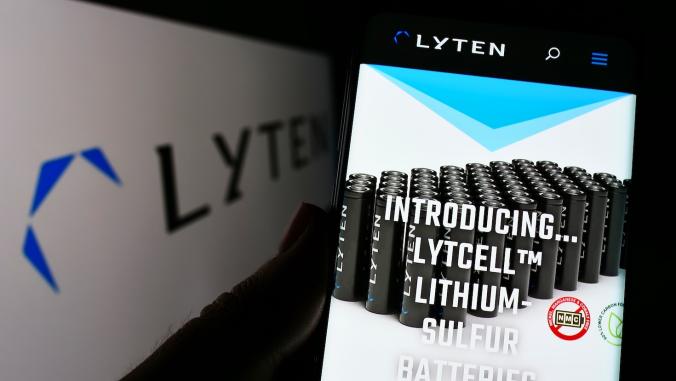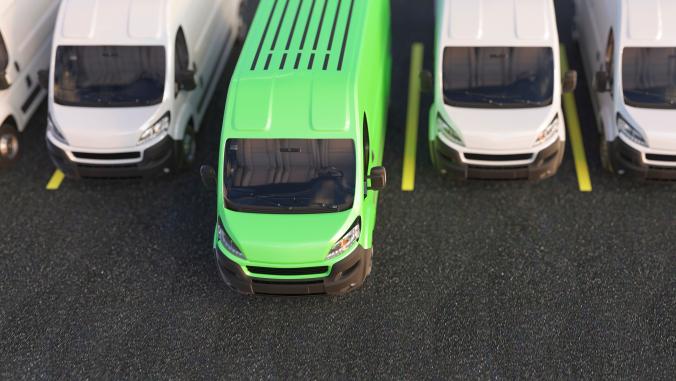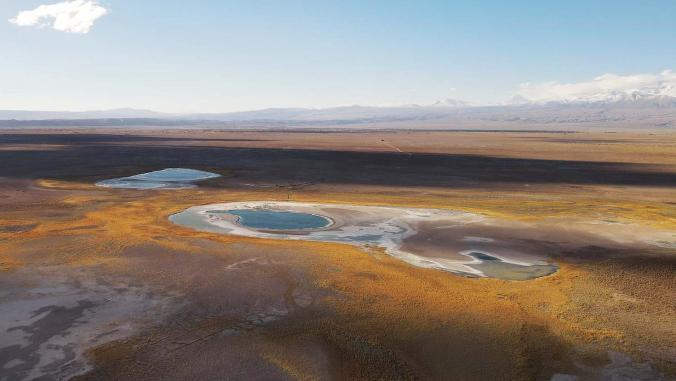
This article is drawn from the Transport Weekly newsletter from GreenBiz, running Tuesdays.
Much of the attention around Elon Musk’s bid to take Tesla private has been focused on whether the funding — as Musk tweeted early this month — is actually "secured."
For a moment, let’s just suspend our disbelief and go along with the idea that this is a done deal, and that Saudi Arabia’s sovereign wealth fund indeed will provide the billions of dollars needed to take Tesla private (as the company's founder and CEO suggested in a blog post Aug. 13).
How utterly amazing would it be if the kingdom built on the back of oil — a region that defines the rise of the 20th-century petro-state — provided a funding solution that helped establish a future for electric cars. Such a union, while no doubt fraught with complexities, would represent a major turning point in the flow of financing from petro-dollars into batteries that power vehicles.
It’s not such a crazy idea. Saudi Arabia has expressed interest in diversifying beyond oil for a while. And young heir Crown Prince Mohammed bin Salman has started using the kingdom’s $250 billion Public Investment Fund (PIF) — created in the 1970s to support domestic projects — to make high-profile investments in international tech firms and growth funds. These investments already include Uber, Virgin Galactic, SoftBank, and Blackstone —and, reportedly, a $2 billion stake in Tesla.
Saudi Arabia wants to grow the PIF, and part of its planned financing was supposed to come from the initial public offering of Saudi Aramco. But that IPO has stalled, and the kingdom has been looking for other ways to boost the fund to $1 trillion over the next two decades.How utterly amazing would it be if the kingdom built on the back of oil provided a funding solution that helped establish a future for electric cars.
If Tesla and Saudi Arabia’s PIF actually made such an eye-opening deal, the kingdom would be looking to expand its fund through a company built on using lithium-ion batteries to power vehicles instead of gasoline. That’s a diversification of an economy based on oil extracted from the Persian Gulf to one based on extracting Earth's other resources from across the globe, such as cobalt (mined in the Congo) and lithium (mined from South America).
It’s an interesting global shift that likely will define the rest of the 21st century and beyond. Someday, batteries' raw materials could be a resource so highly prized that they affect international government relations — battery wars instead of oil wars.
Of course, there are major issues that such a deal could raise for Tesla. When the PIF funded Uber, Axios business editor Dan Primack pointed out that Uber just invited the Saudi Arabian government into its boardroom. This is no small thing: The kingdom is a repressive political regime and has an atrocious legacy on human rights.
How strange it would be if a kingdom that lifted the ban on allowing women to drive cars mere months ago helped pave the way for the transformation of the future of cars. Does Musk's hatred of short sellers run so deep that he's ready to do business with such an institution? Maybe.




